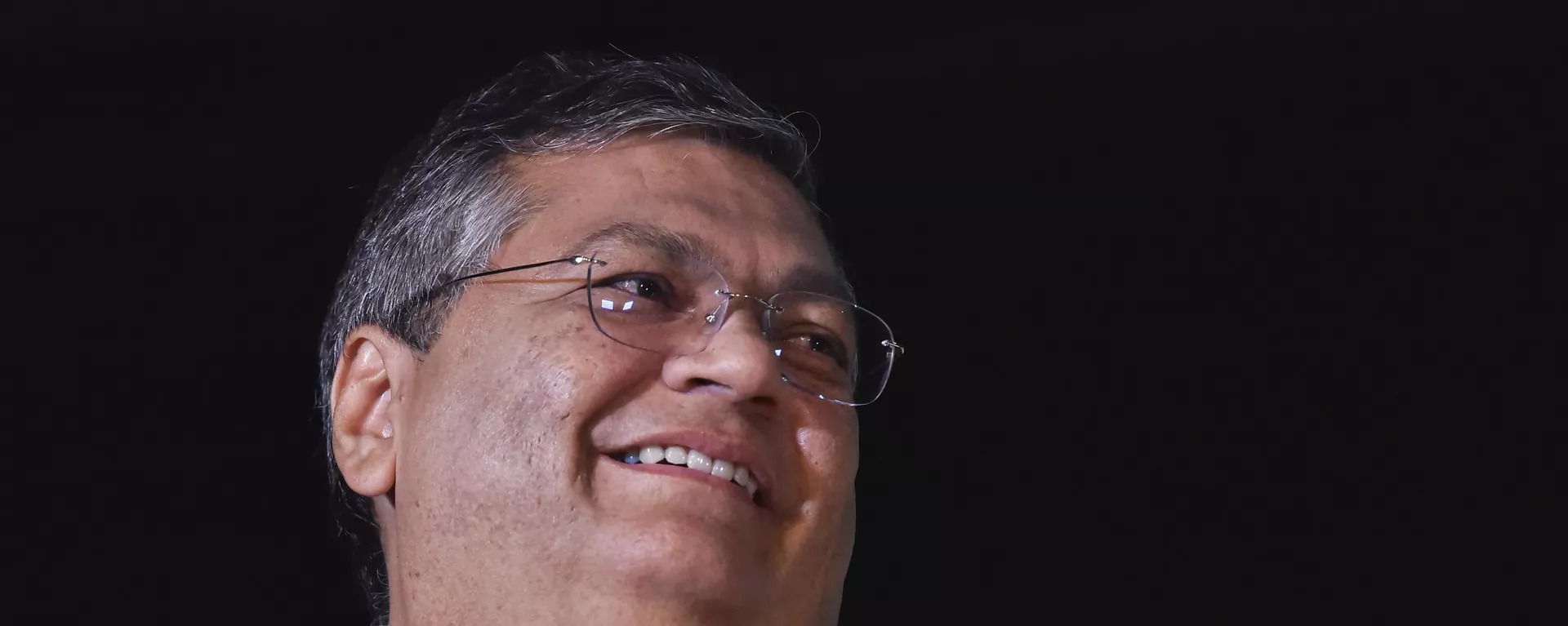The Brazilian government, under President Luiz Inacio Lula da Silva, recently introduced a legislative package, known as the Democracy Package, proposing harsher penalties for what is called ‘crimes against democracy’.
The proposal follows the January 8 riots where former president Bolsonaro’s supporters allegedly invaded the headquarters of government branches in Brasília, which the current administration has since used to persecute Bolsonarists, Brazil’s largest political movement.
The proposed measures, part of the Security Actions Program (PAS), are aimed at preserving democratic order, but have sparked debate.
Critics label them as “punitive populism,” arguing that they could be disproportionate.

The Minister of Security, Flavio Dino, asserts that maintaining democracy requires a stern approach.
The measures, in addition to the increased penalties, propose economic sanctions against those orchestrating or suspected of anti-democratic acts.
The PAS also introduces regulations aimed at preventing violence, including new rules on firearm use and provision of federal resources to states for crime combat.
The increased penalties focus on offenses against the democratic rule of law, ranging from organizing or leading anti-democratic movements, to financing such movements, and threats or attacks against key government figures.
The law further includes provisions for loss of subsidies, benefits, tax incentives, and barring from public office for those committing these crimes.
Addressing criticisms, Dino argued for the necessity of firm prosecution of anti-democratic crimes, drawing parallels to historical instances of unchecked anti-democratic movements.
Despite the controversy, the Brazilian government maintains that the measures are necessary for preserving democracy and ensuring the uninterrupted functioning of public services and institutions.

